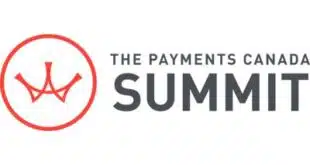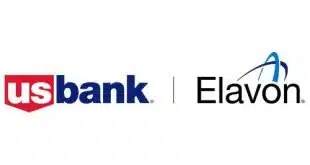Todd Linden, CEO of Payment Processing North America at Paysafe
For a long time now, Independent Sales Organizations (ISOs) and Independent Software Vendors (ISVs) have supported the retail sector in providing individual merchants with the payment systems they need to meet customer demand. ISOs have provided merchants with their payment terminals, ePayment systems and other support, while ISVs have complemented these with software solutions.
However, what merchants want from their payment systems is changing. Credit and debit cards have overtaken cash in the US , the country is in the middle of migrating cards over to the EMV “chip and PIN” standard, and alternative payments, such as eWallets, are becoming more and more popular. At the same time, merchants want new ways to engage with their customers through mobile apps and personalized loyalty or reward campaigns. They want solutions to help them simplify operations by automating the inventory process, as well as billing, reporting and scheduling. All of this is putting pressure on merchants to upgrade their payment equipment and business software.
As a result, merchants want their payment partners to provide a different and varied range of solutions. This is blurring the lines between what makes an ISO and what makes an ISV, as each subsector competes to offer additional services traditionally associated with the other.
This convergence offers many opportunities for ISOs and ISVs to grow their businesses, but can pose a challenge too. Where can these companies turn for support in navigating this increasingly complex marketplace?
Payment Service Providers (PSPs) have a key role to play in helping such organizations through this market transition. Offering the widest possible range of payment technology can help both ISOs and ISVs meet their merchants’ needs cost-effectively. A single partner providing all the technology required to support their customers can significantly streamline a company’s supply chain, saving time and resource. Paysafe, for example, offers a comprehensive array of payment solutions to meet the needs of ISOs and ISVs. We recently partnered with Verifone to provide a semi-integrated, cloud-based point of sale (POS) system designed specifically to meet the business needs of small merchants.
A partner that provides a complete business management solution – from in-store to online – can also be ideal for ISOs and ISVs supporting bricks-and-mortar merchants moving into the eCommerce space.
Those that offer exciting value-added services can help ISOs and ISVs stand out in a competitive market and attract new merchant customers too. PSPs can offer big data that can provide merchants with key insights into customer behavior, such as how buying habits are affected by the weather and at what time of day sales increase for certain types of product. This information can help them improve the service they offer to consumers and increase revenues.
Finally, comprehensive dedicated customer-centric support services from PSPs can also help ISOs and ISVs to explore new technologies and products, providing them with the information they need to develop their own services, so they can deliver the best possible solutions for their merchant customers.
The merging of ISOs and ISVs is showing no sign of abating, and is the key challenge facing the sector in 2018. We at Paysafe are pioneering new ways to support both sides of the industry through this convergence phenomenon, which is precisely why we will be exploring the issue at ETA Transact in Las Vegas this month.
As we’ll explain, working with the right payment partners will help organizations in both subsectors arm themselves with the information they need to continue to meet merchants’ requirements. In doing so, we can help everyone in the payment ecosystem thrive in this changing payment landscape.
Click to learn more about PaySafe





